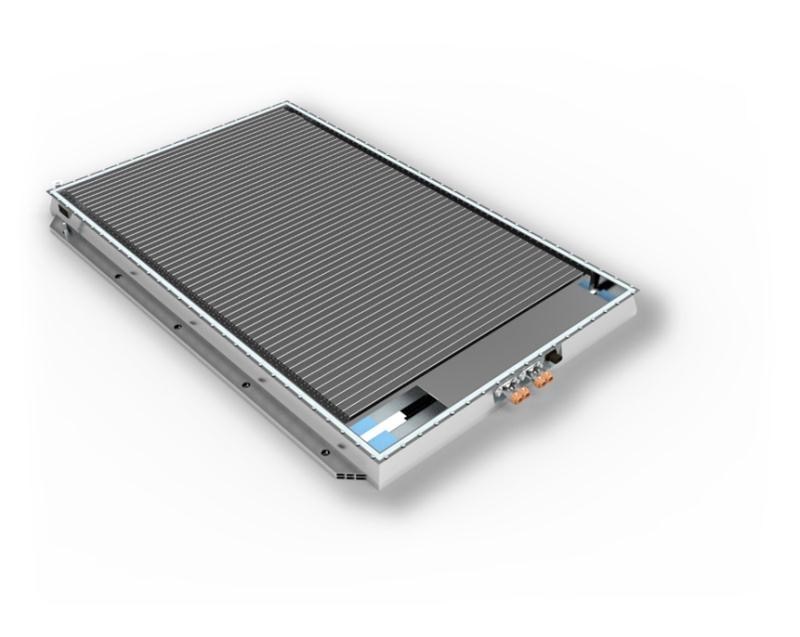One of the main challenges for car manufacturers in their plans to expand the supply of electric models is access to a supply of batteries. It is something that has slowed down some projects and Ford has wanted to anticipate with the signing of an agreement with BYD.
This will be the first that the Chinese manufacturer signs with a large group. This also makes it the first manufacturer of electric cars and a supplier of batteries for other brands on the marketer the same time.
According to Reuters reports, the agreement will focus on meeting the needs of Ford’s range of electric and plug-in hybrids in China, where it plans to launch or renew a total of 31 models with different levels of electrification by 2021. All to achieve compliance with the demanding emission standards implemented in that market.
At the moment, the details of the agreement have not been confirmed or if it will have its extension in the models that the North Americans sell outside China. But BYD’s advances with its lithium-ferrophosphate battery technology seem to have caught the eye thanks to its excellent combination of energy density, service life, and low cost.
The chemistry that in China will also be used by brands such as Tesla, which thanks to their agreement with CATL, hopes to launch a Model 3 that is 20% cheaper.
In the West, Ford has a supply agreement with LG to meet its plug-in hybrids and the Mustang Mach e, its first electric car. Later, they will have to expand the family and that’s where BYD batteries could play a significant role. Developing the range with cheaper batteries that allow profits to be made as soon as possible with this type of vehicle.
BYD’s new Blade batteries achieve an energy density of 140 Wh/kg and priced below $100 per kWh.
The key will be the use of BYD’s “Blade” batteries. As we remember, these were presented last April. Their performance has taken the LiPeFO4 to a new level thanks to longer cells, which dispense with the modules, allowing it to enjoy a higher energy density, 140 Wh/kg. It is something that helps this chemistry be placed at the same height as the batteries formed by nickel, cobalt, and manganese cells (NCM) that are used by most of the large manufacturers.
But, undoubtedly, the most important part is related to its price, which represents a 30% reduction compared to previous models. This fundamental aspect will undoubtedly allow launching competitive electric cars, but with lower prices.

